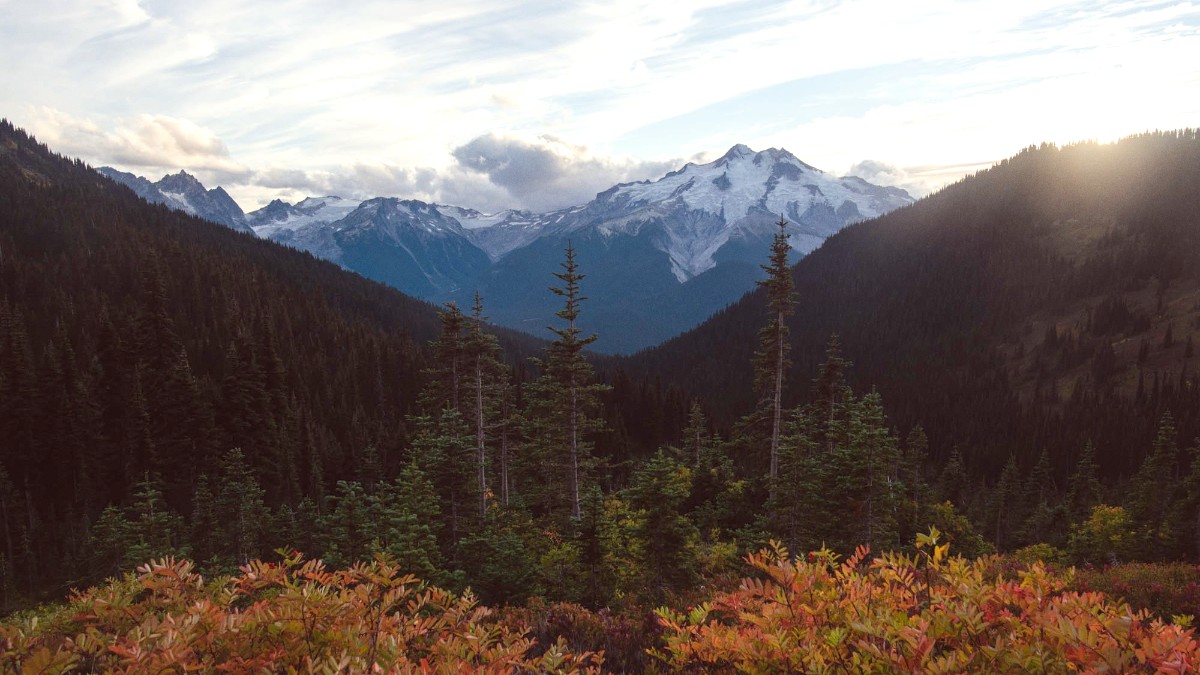
The main mobile providers in the U.S. Are AT&T, Verizon, and T-Mobile. They all have prepaid plans for travelers. Coverage is excellent in urban areas and along major highways. However, it can be uneven or absent in remote mountain regions, national parks, and some coastal areas. Verizon generally has the widest rural coverage.
Internet access via Wi-Fi is widely available and often free. Find it in most hotels, cafes, restaurants, public libraries, and many public spaces in cities.
The United States Postal Service (USPS) operates post offices throughout the Pacific Northwest. Send postcards, letters, and packages from these locations.
The main language spoken throughout the Pacific Northwest is U.S. English. Language barriers are generally minimal in tourist areas, especially in Seattle and Portland.
Reliable communication and information access make your journey smoother, from mobile services to understanding local norms.
Generally operate from 10:00 AM to 6:00 PM or 7:00 PM on weekdays and Saturdays. Shorter hours on Sundays.
Lunch typically 11:30 AM to 2:00 PM. Dinner generally 5:00 PM to 9:00 PM or 10:00 PM. Many offer continuous service.
Cafes open early and close in the early evening. Bars/pubs stay open until midnight or 2:00 AM.
Banks typically open from 9:00 AM or 10:00 AM to 5:00 PM on weekdays. Some branches have limited hours on Saturday mornings.
The U.S. Has several public holidays. Services may be affected on these days. Banks, post offices, and government offices are closed.
Knowing typical operating hours and seasonal changes makes your journey more predictable and enjoyable.
A handshake is common for introductions, especially in business or more formal settings. A casual "Hi" or "Hello" is typical for everyday interactions.
Dress is generally casual and functional throughout the Pacific Northwest, reflecting the outdoor-oriented culture and variable weather.
Tipping is a common part of the service industry economy in the U.S. It is customary for most service staff (e.g., 15-20% for restaurant servers).
Generally, no restrictions exist for photography in public spaces. Be respectful of privacy when photographing individuals.
Engaging with local customs and etiquette shows respect and enriches your journey in the Pacific Northwest.
The Pacific Northwest generally works to be accessible for travelers with various mobility needs.
Major cities in the Pacific Northwest generally have good accessibility infrastructure.
Many major attractions throughout the region are compliant with accessibility standards.
Many larger cultural institutions and attractions offer specific services.
Contact specific attractions or tour operators directly to confirm their accessibility features before your visit.
The Pacific Northwest strives to accommodate all travelers, with infrastructure and services to make visits smooth and enjoyable.